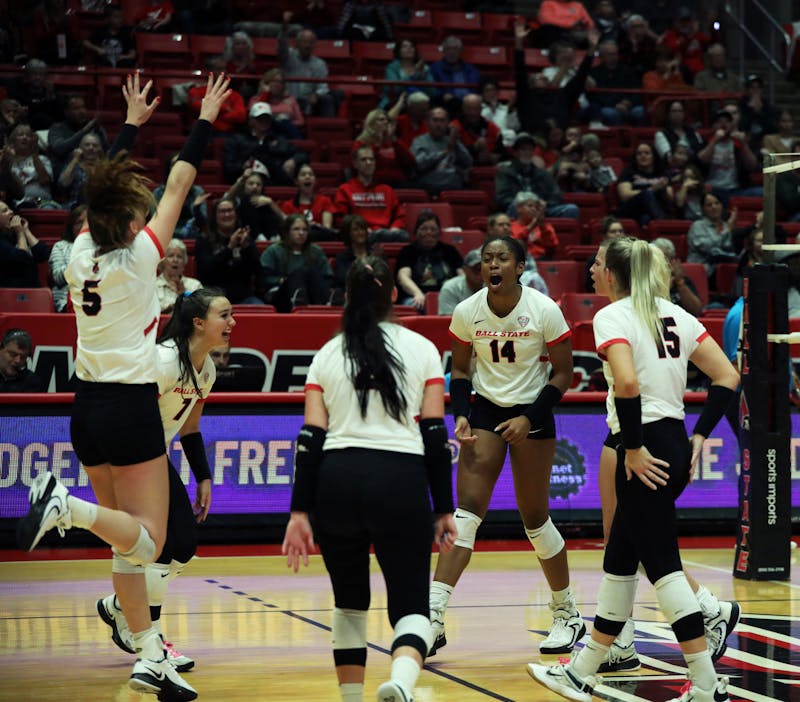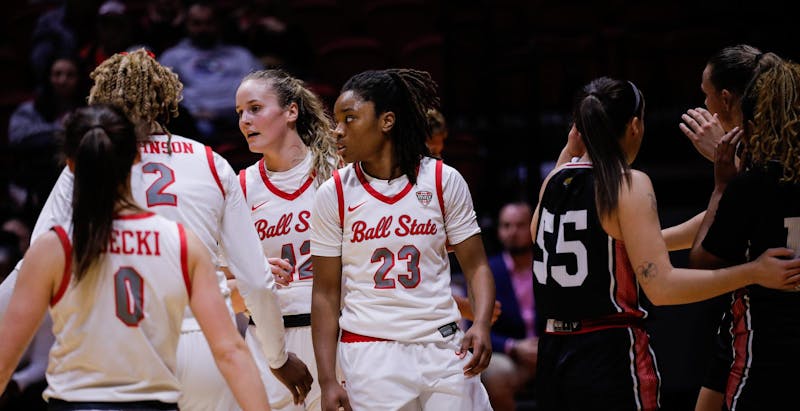The opinions and views expressed in this article are those of the author and do not reflect the opinion of Byte or Byte’s editorial board.
If there wasn’t a wild conspiracy theory out there that claims Nintendo made the coronavirus just so everybody can be home to play the new Animal Crossing, I’d be pretty surprised.
Seriously, the timing for a new game—especially this one—is impeccable. “Animal Crossing: New Horizons” was one of the most highly anticipated games I had seen in the past few years, but I never really understood the appeal.
I had downloaded Pocket Camp about a year ago and played it for a little bit before I just ended up deleting the app. After hearing about how different it is to the actual games, I decided to pick up a pre-owned copy of New Leaf a few months ago, and even then all I found was a cute little game to kill time. Yet, when New Horizons came out on March 20, I had found myself at Target at nine in the morning to pick up a copy with one of the cute journals that came with it.
I had bought it initially just to have a cute distraction to the horrible coronavirus pandemic happening in the world right now, as well as something I could play online with my best friend. However, after the first two hours in the game by myself, I was hooked, and I’ve indulged in the game every single day now since I’ve owned it.
I could ramble on about how fun and adorable it is, and I could also write a whole novel just about my little adventures I have in exploring what this game has to offer, but I’ll be frank: the game is so simple that many people won’t see the appeal. It’s that fact alone that made me wonder: what is the appeal behind Animal Crossing?
I remembered a video essay I watched some time ago that piqued my interest in the game franchise in the first place. I won’t go into details—you can watch it here—but basically, the video is about someone who played Animal Crossing and it helped them cope with their depression.
Animal Crossing isn’t a battle royale shooting game, nor is it a survival horror with an open world and complex puzzles; it’s not even a typical kid’s game. I would consider Animal Crossing to be the Studio Ghibli films of the video game industry. It’s quiet, slow-paced, and it focuses not on the action, but instead on the reaction. You work, you talk to your neighbours and you pay off your house debt. It’s simple, but it’s more or less everyday life.
Why would something like this resonate with so many people?
Unlike other games with a simple quest and completion style that releases dopamine in many gamers to cause addiction, Animal Crossing takes a complex dive into this narrative by putting the player in a real world—at least, it feels real. It’s a world that’s giving the player a cycle, offering several completionist-type tasks to do, and houses unique villagers to interact with everyday. You can exchange gifts, invite them over for tea, and just talk to them about your day—they’re all different, and they all feel real.
Even in times like this where you can’t have face-to-face contact with your friends, you can join them in the little towns and islands they run in Animal Crossing. People have had regular hangouts, dates, and even hosted graduation inside the game. You can invite them over to your own house, and even if it’s not possible, the villagers happily keep you company.
One of the most rewarding parts of Animal Crossing is that you work completely at your own pace. It’s similar to Minecraft in that respect—you can dive right in, or you can just take it one day at a time. There’s no time crunch or time limit for your task of raising bells (the in-game currency) to pay off your loan, and there’s no right or wrong way to go about achieving this.
That being said, one of the most excruciating parts is how incredibly attached the player can become to their villagers. Despite all the work you can put into the game and the community that you built, your favorite villager can still move away. It hurts. It really hurts, and that’s not a typical pain that you feel when a character dies from a monster in a horror game. It’s a real life pain that most of us have probably felt in one way or another, so to have it manifested into these characters that we’ve grown attached to is just another way Animal Crossing keeps people connected.
In a game that’s supposed to be all about you, the player, and what you end up doing in your little in-game community, it ends up becoming a game about the entire community. Every day I look forward to logging in and talking with my villagers. Every single day I can’t wait to see what kind of tasks I can accomplish that would make my island better for everyone to live.
I just had a bridge built yesterday. It was euphoric.
I never expected to jump into this game and fall in love so hard with my villager friends and the community that I built. In games like “The Sims” you build your house and make friends that suit your own personal needs and that of your character. However, in Animal Crossing, you’re leading a whole community to thrive alongside your guidance, and it turns into something beautiful.
Just today a new villager had moved in on my island, and as soon as I talked with my already existing neighbors about it, they were planning to host a ceremony to welcome her. They gave me props they built themselves to place around the island to feel more homely for the new villager, and they worked right alongside me in making our new friend have an incredible first day here.
In the dozens of other video games I’ve played, I have never experienced anything like that before. I don’t even know what to call it. God-tier artificial intelligence? Nintendo mastering character creation? I don’t know, but it ends up making some of the most unique and comforting gameplay I’ve ever had the privilege to come across.
It starts off with you coming to a new place trying to figure out how to make it. Then it ends up becoming a game about togetherness and the little joys that make us happy to be alive, and that’s the exact kind of thing people need in these trying times. Animal Crossing brings the exact kind of escapism and relief that people such as myself have been looking for, and it’s obvious to see why it would be such an important game to players all around the globe.
Sources: New York Times, Twitter
Featured Image: Cnet
Fore more entertainment, tech, and pop culture related content, visit is at Byte BSU!




The Daily News welcomes thoughtful discussion on all of our stories, but please keep comments civil and on-topic. Read our full guidelines here.